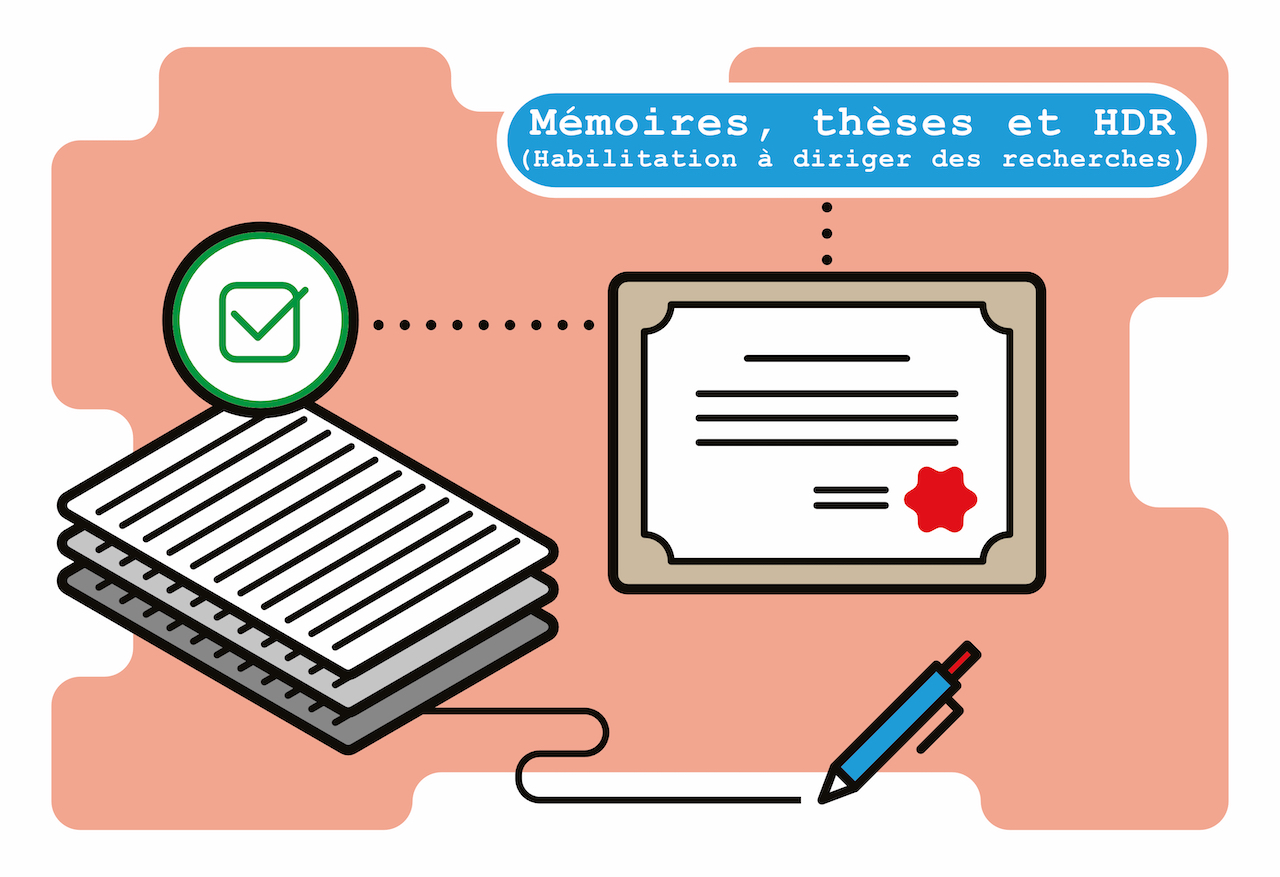Mothers, Madness, and Morality: A Care Ethics Approach to Mad Mother Characters in Contemporary Young Adult Literature
Fiche du document
11 mars 2025
- ISIDORE Id: 10670/1.41baf2...
All rights reserved , http://purl.org/NET/rdflicense/allrightsreserved
Sujets proches
Care and treatmentCiter ce document
Caroline Spencer, « Mothers, Madness, and Morality: A Care Ethics Approach to Mad Mother Characters in Contemporary Young Adult Literature », Apollo - Entrepôt de l'université de Cambridge, ID : 10670/1.41baf2...
Métriques
Partage / Export
Résumé
Every protagonist in young adult (YA) literature has a mother, whether they are loving, supportive, absent, dead or institutionalised. In the background of adolescent’s stories, a mother character’s neglect, selfishness, death, or other absence often serves the narrative function of enabling the protagonist’s freedom for adventures, new experiences, independence and responsibilities, consistent with the common construction of adolescence in YA as a period of tests, challenges, and personal growth. However, many mad mother characters experience marginalisation and silencing such that maternal distress provokes adolescent protagonists to reconsider roles and responsibilities within the family, and the values and practices of the adult mainstream. In this study of the trend for mad mother characters in British and US YA since the 1990s, I depart from the focus of much YA scholarship on identity, personal growth, and experiences of particular characters. Instead, I utilise care ethics theory that centres attentiveness and the quality of relationships to examine how responses to needs are shaped by concepts of madness, independence and responsibility, and the consequences for well-being and social justice. Care ethics is a political theory and moral framework that both critiques and offers an alternative to the contemporary Western individualistic paradigm. Care ethics takes relationality as ontologically basic, developing care theory, principles and practices from the starting point of inevitable interdependencies, vulnerabilities and needs for care that are necessary for the survival and flourishing of all. I utilise Joan Tronto’s (1993) definition, principles and ethical elements of care, extending existing considerations of care in children’s and YA literature to demonstrate care ethics that is not constrained to interpersonal concerns between family or friends, nor to gender roles or essentialised traits of virtue, self-sacrifice, or ‘natural’ inclination. Through representations of mad mothers, I explore how situations of maternal distress may complicate or problematise care ethics practices for those who are frequently marginalised, under-served, or over-looked by prevailing social values and political institutions. Together with care ethics, I bring a Mad Studies approach to YA scholarship to offer new perspectives on mad mother characters and concepts of madness in the mad mothers trend that do not impose psychiatric terminology and concepts, but allow the quality of relationships and attempts at care to be centred in my study. I argue that concepts of madness matter because they determine responses by individuals, families, communities and political systems to experiences of distress, with varying consequences for well-being and the possibility of social justice. Each chapter focuses on a concept of madness that occurs frequently in the trend for mad mothers, enabling critical examination of the contexts and concepts of distress, characters’ responses to mad mother characters, and the consequences for well-being, social and political transformation. Through examining a range of representations and responses to madness using care ethics principles and practices, I offer new readings of contemporary YA at the confluence of mothers, madness and morality.
